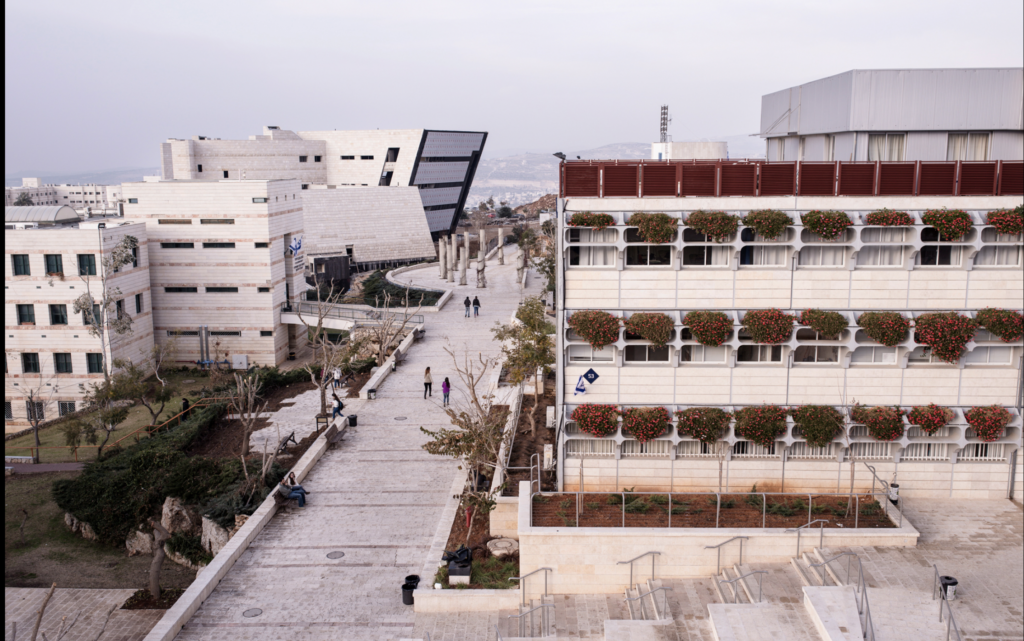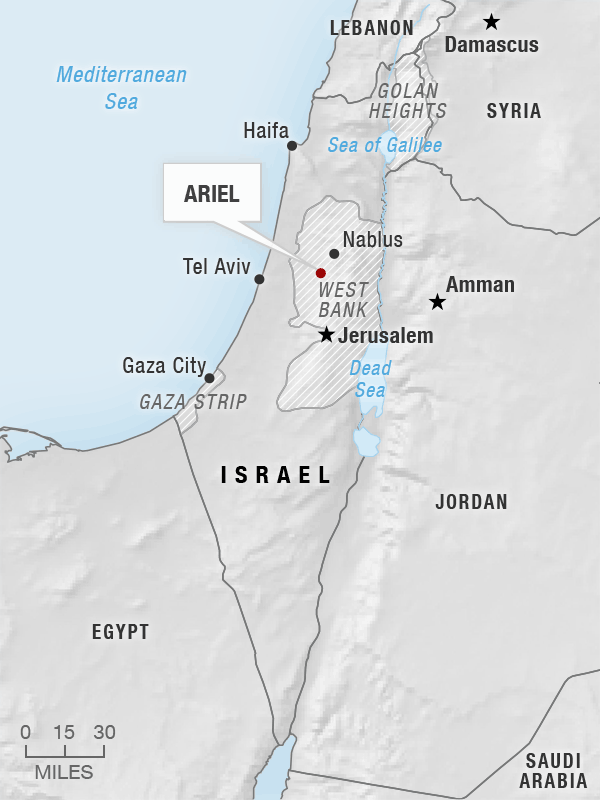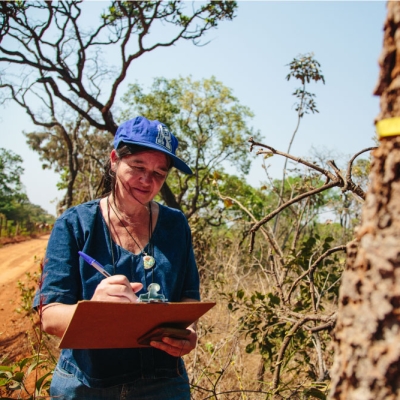By Andrea Tucci,
In the past year, organizing committees in Germany have been accused of anti-Semitism for their stance on Palestine. The German state has imposed harsh law enforcement measures and police crackdowns, while German institutions have carried out suspensions from schools or threatened professional consequences.
“When someone asks me where I am from, I hesitate before saying Palestine. I always have to justify [myself]. Until two months ago, I was scared to even wear the keffiyeh [at university]. I was afraid they would think I was an extremist,” said a student in Munich, who requested anonymity.
But in October 2023 these political tensions were amplified: expressing political sympathies with Gaza or calling the war a ‘genocide’ was now affiliated with Islamist terrorism. A month later, the phrase “from the river to the sea” was officially classified as “Hamas-Parole” by the Federal Ministry of the Interior. To avoid legal consequences, such as losing their residency status or retaliation from academic staff, faculty, and colleagues, students have decided to refrain from further engaging in the political discourse on campus, distancing themselves from lectures and dialogues about Israel.
Germany’s unrelenting stance on Israel’s actions in Gaza has intensified a long era of repression among its Arab diaspora, which has also festered in German academia. Well before the war on Gaza began, students already feared expressing or sharing their Palestinian identity on campus.
This sense of alienation was further reinforced once it was revealed how closely German academia intertwines itself with Israeli institutions. For instance, the Technical University of Munich (TUM), maintains close ties with the Hebrew University of Jerusalem and the Technion in Haifa, Israel. After October 7th, Thomas Hofmann, TUM’s president, issued a statement declaring his personal support for the university’s Israeli partners and emphasizing the university’s solidarity with the Israeli people. At the time, over 1.500 people had been killed in the Gaza Strip, according to a report released by the World Health Organization. The university’s statement made no mention of Palestinian civilian casualties.
Outraged by this ostensibly deliberate omission, TUM students collected over 1.000 signatures protesting the statement, demanding the inclusion of Gaza’s dead, to no avail.
Another student at TUM, who requested anonymity said: “He could have at least acknowledged to his Palestinian students, who were going through difficult times, and I don’t think it’s human to neglect the suffering of others.”
In a recently published document by the Munich-based activist group “Academics for Justice,” ongoing collaborations between German and Israeli academia revealed a concerning partnership with Ariel University (AU) in Ariel, in the central West Bank.
AU prides itself for its “fresh perspective on contemporary Zionism,” and welcomes “new [Jewish] immigrants and Israeli researchers returning from abroad.” During Israel’s war on Gaza, approximately 4.000 of AU students were drafted into military service. A scholarship fund was set up for students who fought on the front lines, and exemptions and credit for tuition fees were provided to reservists.
Traditional media in Germany is shackled by outdated customs and stifling social norms that curb freedoms.
AU was built atop one of the largest illegal Israeli settlements in the West Bank and is rife with public controversies violating human rights and international law. Since its foundation, the university was met with sharp criticism–from Palestinians and Israelis alike. In 2012, AU was officially recognized as an Israeli university, thereby securing additional state funding. Outraged, over 1.200 Israeli faculty members from the organizing committee “Israeli Academics for Peace” signed a petition opposing this move. Since then many more have called for an end of international collaborations with the university.

Photo: Ariel University- Located in an illegal Israeli settlement in the occupied Palestinian territory – West Bank –
In their 52-page report, Academics for Justice also referenced a post from 2022, shared on Linkedin by the AAIR lab, part of TUM’s Chair of Structural Informatics, advertising a joint PhD program between AU and TUM. One of the benefits listed was a “dormitory” in Ariel, effectively encouraging students to apply for a position that would grant them the opportunity to live on occupied Palestinian territory, thereby validating Israel’s plans to repopulate the West Bank. In addition, multiple research collaborations with AU were listed throughout the report, some as recent as December 2024.
“I don’t think the university is taking anything or anyone in relation to Palestine seriously,” a student, who requested anonymity, said: “We contacted the administration, the professors, and some of us even spoke with the TUM-president. He didn’t even care. We were ghosted or ignored, so you can see where their priorities and interests lie.”
In the latest escalation, TUM’s students and academic staff requested an open dialogue with their university to discuss collaborations with AU. After the about thirty participants gathered in the seminar room for the discussion, police suddenly locked the doors from outside, as was documented by “University for Palestine,” a grassroots movement advocating for Gaza, and Academics for Justice.
Students and staff were accused of allegedly “trespassing” on public grounds. At the same time, they weren’t given an option to leave the facilities. Instead, they were detained, searched.
“We were locked up–like animals. It was a trap,” says one student activist who is now also facing criminal charges. “The police must have prepared for it at the university. I can’t understand why they would lure their own students and employees into such an ambush. How can that be?”
It’s evident that after over a year of its ardent backing of Israel, Germany has severed its connection to its Arab students. But other European academic institutions show that there can still be hope.
Universities in Belgium, Ireland, and Norway have distanced themselves from several Israeli universities and research institutions for their involvement in human rights violations. After a flurry of student protests across the world, some universities, like Dublin’s Trinity College, agreed to divest from Israeli institutions and companies engaging in activities in the occupied Palestinian territories, while also granting scholarships to students from Gaza.
Although such steps are only the beginning, and merely the first step towards more fair and democratic dialogue with university students, in accordance with international law, it’s time for Germany to reflect not only on its past, but also its present.




